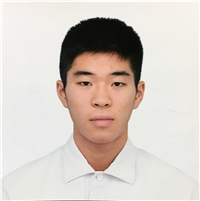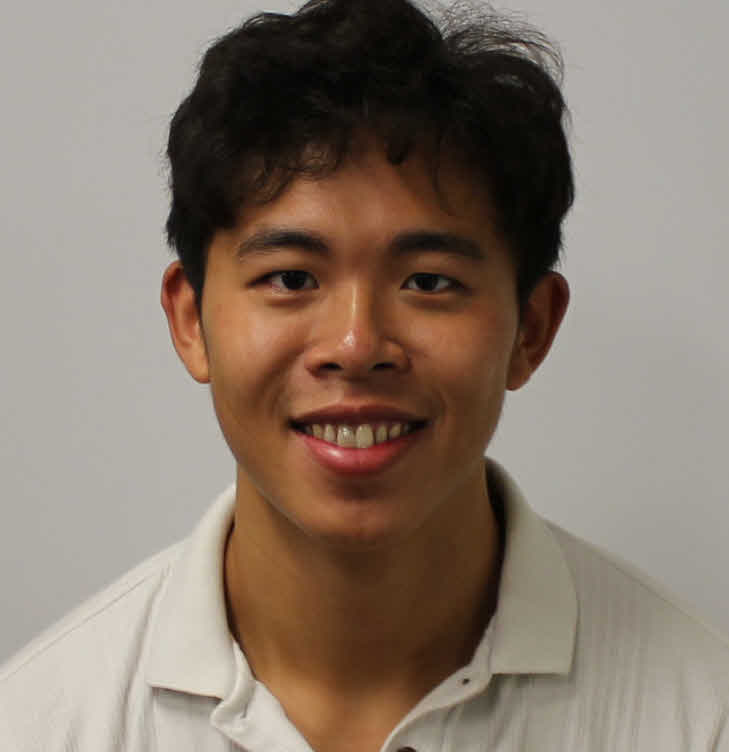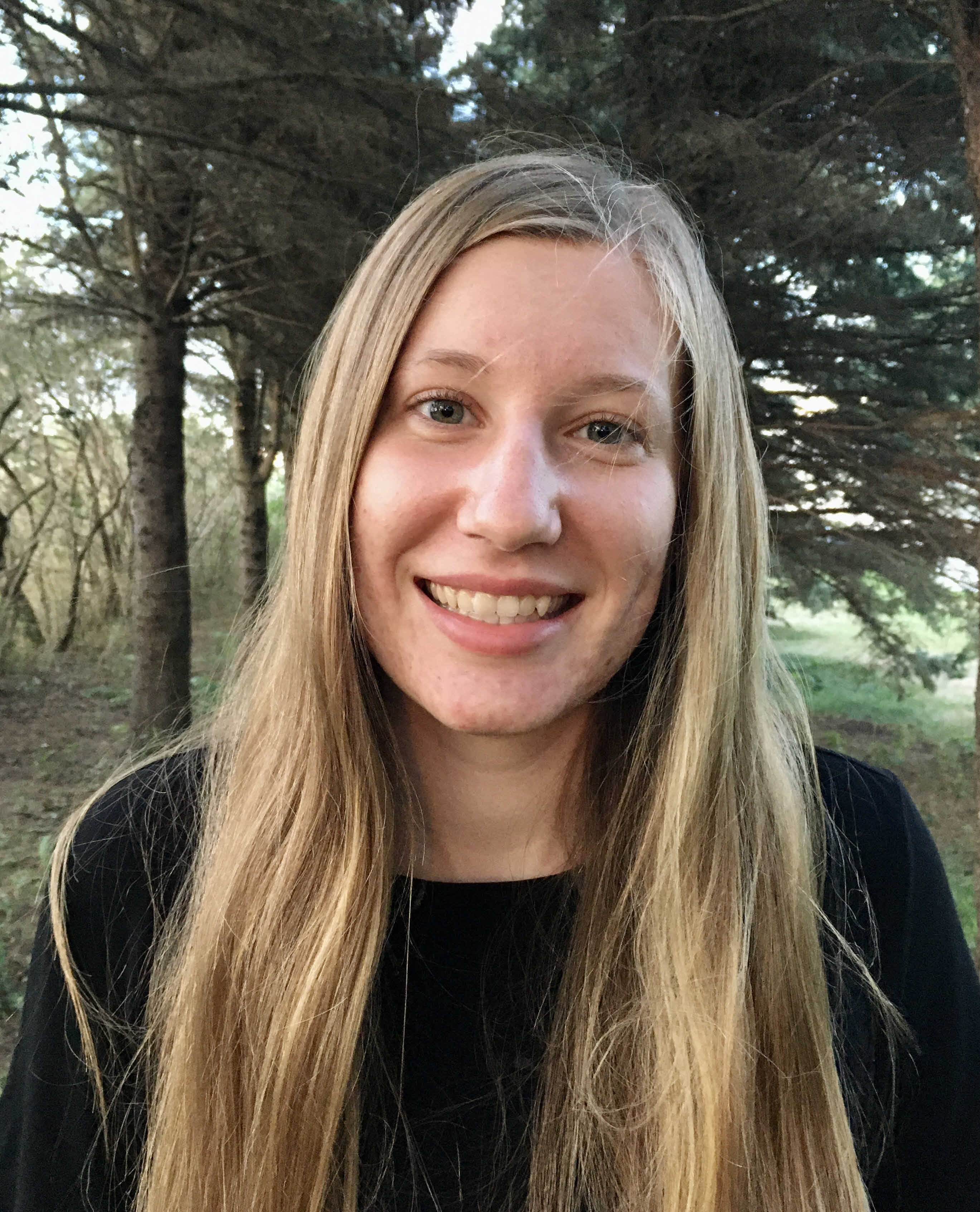Below is a summary of the abstract you submitted. Presenting author(s) is shown in bold.
If any changes need to be made, you can modify the abstract or change the authors.
You can also download a .docx version of this abstract.
If there are any problems, please email Dan at dar78@pitt.edu and he'll take care of them!
This abstract was last modified on March 15, 2024 at 4:35 p.m..

Bacteriophages are viruses that infect bacteria. They can be used in phage therapy to combat bacterial infections resistant to traditional antibiotics. One limitation of phage therapy is the lack of understanding about phage genetics and biochemistry. We can learn more about bacteriophages by studying their genetic and biochemical relationships. As part of the SEA-GENES Program, we are conducing systematic genetic screens of Island3 and Sbash phages. We are cloning each gene in the phage genomes, transforming the host, M. smegmatis, with each gene, overexpressing each gene in the host cells, and assaying for altered host cell growth (cytotoxicity) and the ability of the phage gene product to protect the host from infection by another phage (defense). Additionally, we are raising antibodies in BALB/c mice against Island3 and Sbash as well as against ~71 kDa proteins from each phage separated by SDS-PAGE and eluted from the gels. We are using our antibodies in Western blot analyses to better understand biochemical relationships between Island3, Sbash, and several other bacteriophages that infect Actinobacteria.
















